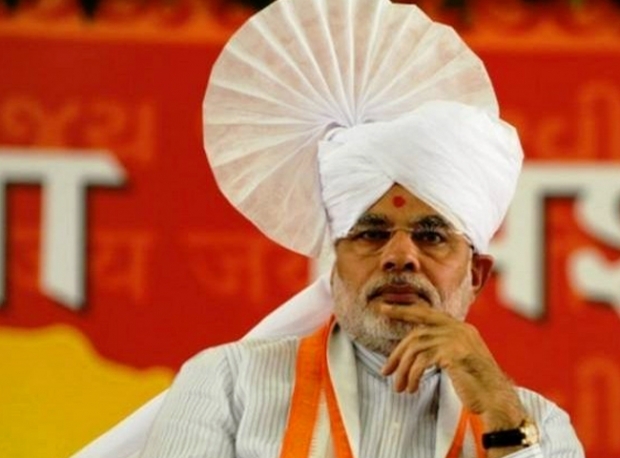
The intellectual mainstream in India remains so far to the left of centre, that pushing forward major economic reforms is going to remain a tough sell for the time being. The good news is that a pro-business, results-oriented Modi cannot possibly be worse for the economy than the outgoing government; and, freed from the paralysis induced by a dual power structure, may well be a good deal better.
Read: The heart of Modinomics
Is Modi a leader who will prioritise development, providing jobs and bulldozing bureaucracy? Or will he revert to his Hindu nationalist roots and impose a sectarian agenda on a state largely moulded by the Congress party’s secular principles?
Read: Narendra Modi should stick to his pledge of toilets before temples
Gujarat’s pro-business leadership has created opportunities for entrepreneurs of all creeds; yet religious prejudice and segregation are deeply, and even legally, engrained. A property law unique to Gujarat has perpetuated segregation, creating ghettos such as Juhapura and a sense of apartheid in some urban areas.
The “Disturbed Areas Act”, a law that restricts Muslims and Hindus from selling property to each other in “sensitive” areas, was introduced in 1991 to avert an exodus or distress sales in neighborhoods hit by inter-religious unrest.
Read: In Modi’s India, a case of rule and divide
A whole load of policy certainty has been priced into Indian markets ahead of the Modi-led BJP’s presumed victory in the just finished elections. However, even though this election may have been presidential in nature, India’s system of governance most certainly is not. It is not the central government but the states that are responsible for delaying four-fifths of the big Indian infrastructure projects that are stalled for want of official approvals and chief ministers aren’t easily pushed around.
Read: What if Modi’s a tease?
Also: What can Modi do?